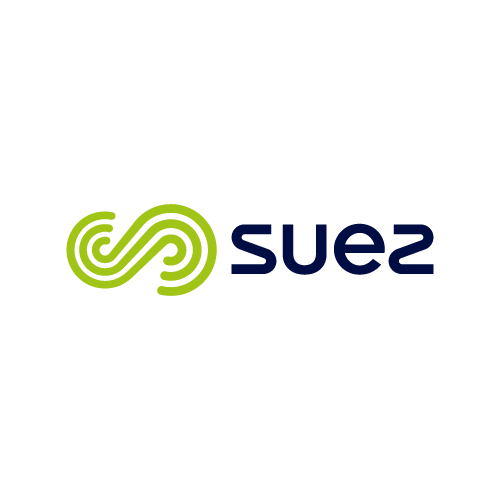Suez is a leading French multinational corporation with operations primarily in water, electricity, natural gas supply, and waste management. Suez is the largest private water provider worldwide by the number of people served (135 million people). As of 2022, Suez has revenue in excess of $20 billion.
Building a Logical Data Warehouse
As a highly decentralized group spread across the globe, Suez lacked the ability to consolidate data from different Suez entities worldwide, barring it from creating a much-needed global data analytics system. Therefore, Suez needed a data integration platform to integrate its customer data from its global business entities and leverage a unified semantic layer to homogenize this data. Suez implemented the Denodo Platform to create a logical data warehouse (LDW) that enables the company to logically integrate data from different entities without the expensive physical movement of data across varying regulatory boundaries to a central data warehouse.
Within the 2 years of implementing the LDW, Suez has already integrated 800 distinct data sets. All kinds of data systems are now connected through the LDW, be it on-premises systems, cloud-based systems, or SaaS applications. Through the LDW, the integrated data is being made available to five different types of applications, which include data visualization/reporting applications, local business applications, data science and machine learning applications, geospatial information systems, and API management applications. The LDW has enabled Suez to provide data at a faster speed to business data consumers and enable multiple use cases in the areas of waste transportation, commercial loss analysis, and group-level KPI consolidation.



At a glance